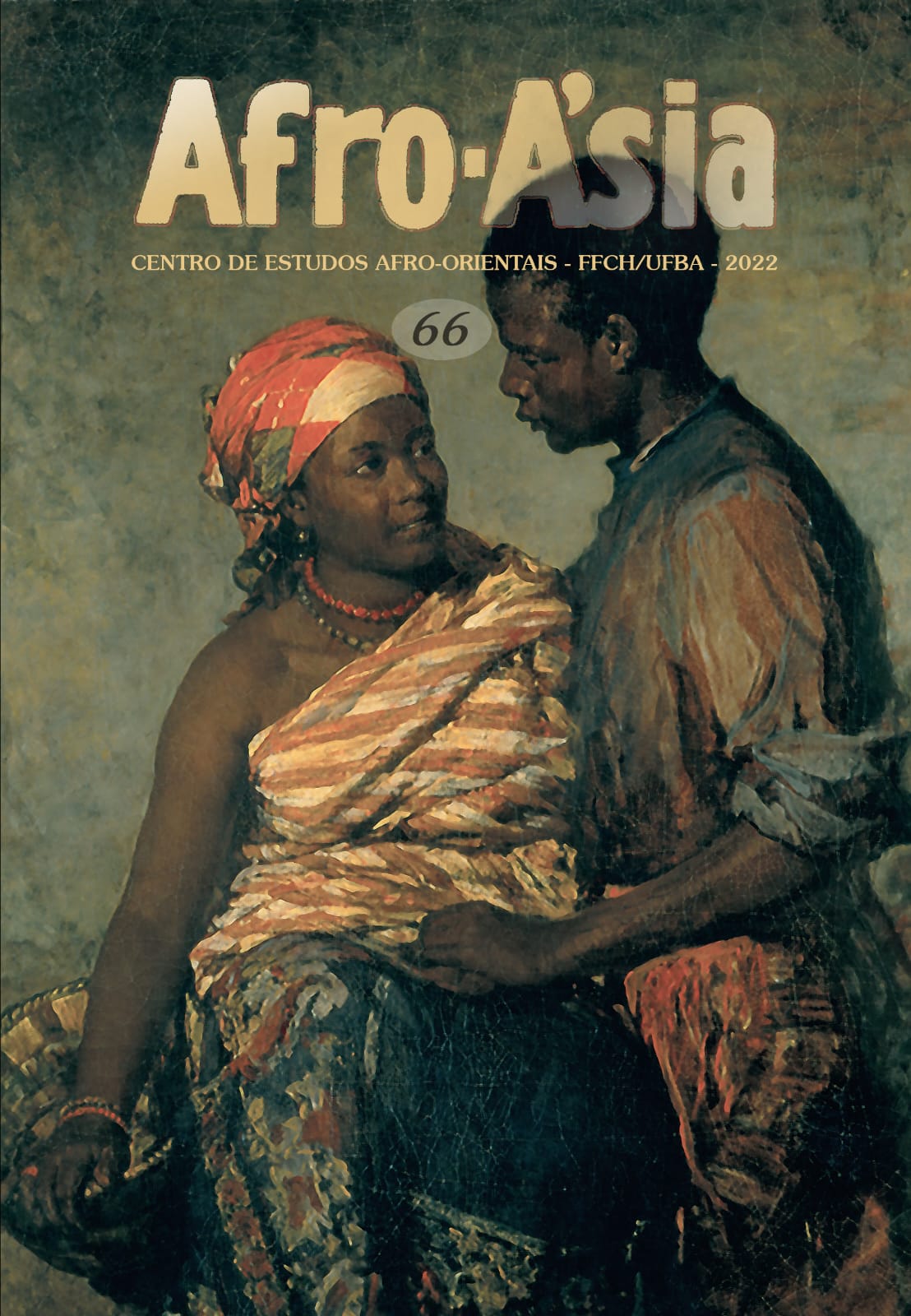Freedom Letters, Gender Relations, and Maternity in the City of Bahia in the Mid-Eighteenth Century
DOI:
https://doi.org/10.9771/aa.v0i66.48420Keywords:
Manumissions, Gender, Maternity, 18th Century, SlaveryAbstract
This study initially analyzed the profile of freed people in the City of Bahia between 1751 and 1766 via 1,026 manumission documents registered in city notary offices, by means of which 1,118 people obtained their freedom. I was interested in comparing the opportunities for manumission for Brazilian-born captives versus those from Africa, as well as other demographic aspects, especially gender, “nação”, and color. I also sought to shed light on aspects of the social history of urban slavery in Salvador at the time. This effort aimed to pave the way for discussions held subsequently, when I assessed what justifications for manumission were used in Salvador during this period and how this relates to gender and motherhood issues. This investigation enabled me to evaluate the centrality of mothers’ effort to obtain freedom for new generations of children born into slavery in Portuguese America.
Downloads
Downloads
Published
How to Cite
Issue
Section
License
Copyright (c) 2023 Raiza Cristina Canuta da Hora

This work is licensed under a Creative Commons Attribution 4.0 International License.
You are entitled to freely share, adapt and use the work herein published for any legitimate purpose as long as authorship and the original source are acknowledged.




